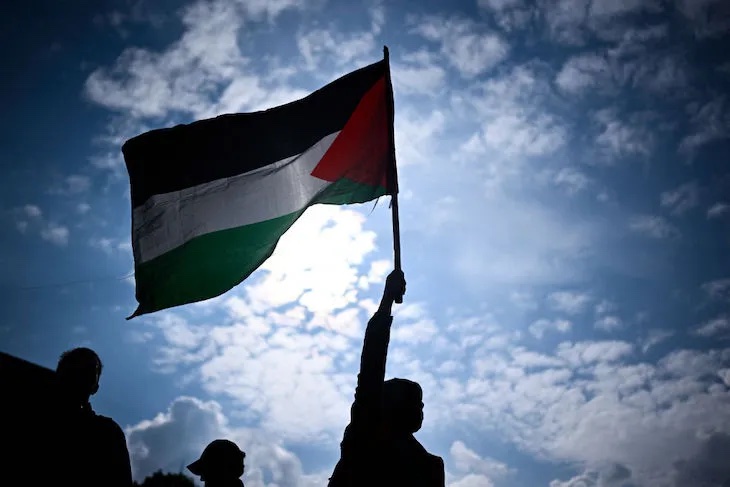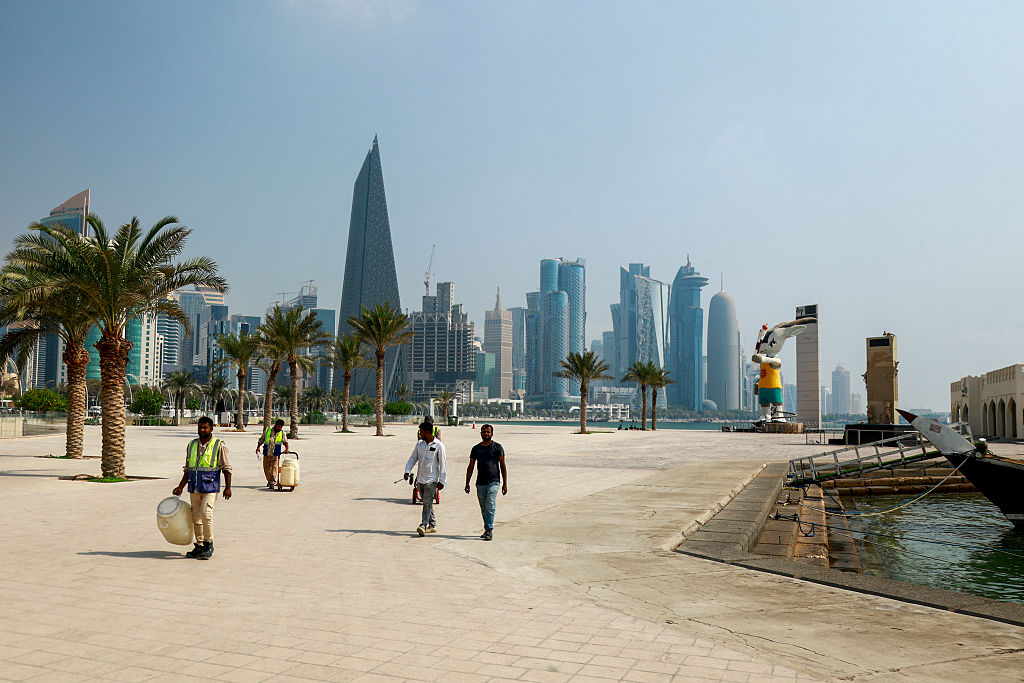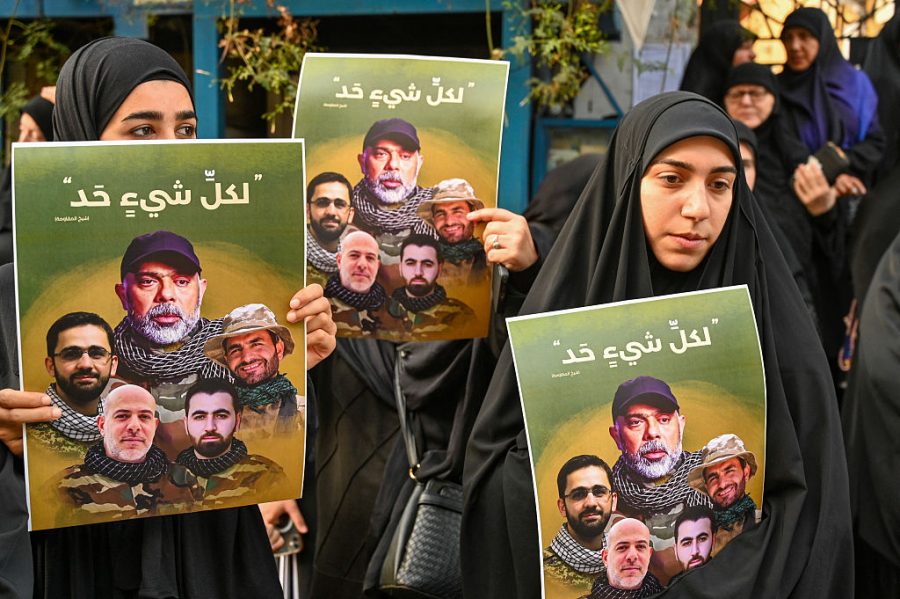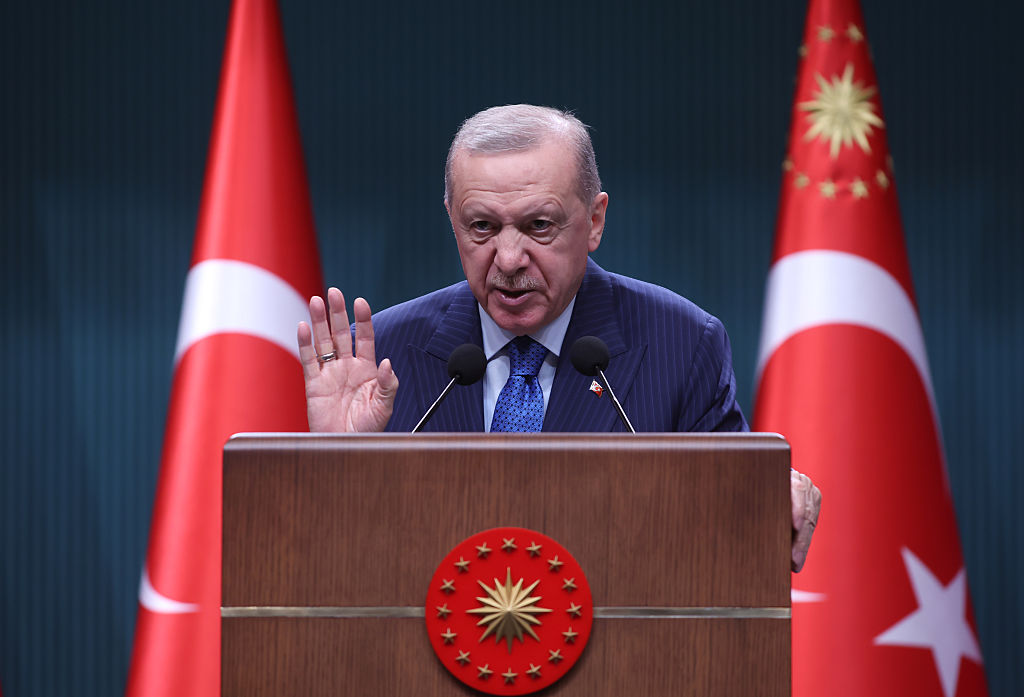Time and time again, people look to those outside of the Middle East to solve the Israeli-Palestinian conflict. After decades of an occupation and unrelenting hostilities between Jews and Arabs in the region, it makes sense why the burden of peace is so often placed on leaders abroad. Unfortunately, this approach has repeatedly failed, in large part because convoluted peace plans tend to focus on land over ideology, dreams over reality, and an outright denial of existing beliefs which for many, seem insurmountable.
That said, if there’s ever going to be lasting peace between Israelis and Palestinians, change needs to come from within — and the Palestinians must do something they’ve avoided for nearly 80 years: accept the permanency and legitimacy of the Jewish state. If the Palestinians take this leap, the occupation may very well end and the road to peace could be clearer than it ever has before.
It’s no secret that since Hamas carried out their horrific attacks on October 7, most Israelis have become increasingly disillusioned when it comes to peace with the Palestinians. As one author wrote in the New York Times last December: “In the wellspring of sadness, anger and fear that has gripped Israel since that day, a consensus has emerged that Israel needs to take a harder line with the Palestinians and embrace an even more militarized state.” Others have described Israel’s peace advocacy community as “dwindling”; some suggest the country’s left has essentially collapsed.
On the Palestinian side, things are perhaps even more bleak. A series of recent polls found that many Palestinians in both Gaza and the West Bank still believe Hamas was justified in carrying out their October 7 assault. What’s more, Palestinians remain broadly opposed to the idea of a two-state solution, the favored approach of international politicians, scholars, and peace advocates for decades. For some, these findings might come as a surprise, especially given the immense death and destruction in Gaza. However, for those who have been following the conflict for any substantial time, these survey results aren’t revelatory.
Since Israel’s founding, the complete ideological rejection of any Jewish state between the Jordan River and the Mediterranean Sea has been a pillar of Palestinian identity. Treating Israel as anything but a blemish, or temporary aberration that can and will be undone with enough determination would be sacrilege in many Palestinian homes. It is precisely this maximalist Palestinian ideology that is at the heart of the conflict.
Going forward, earnest diplomats and committed mediators who have continually avoided this long held rejectionist view will need to wake up, get real, and have honest discussions with Palestinians. As a first step — when Palestinians speak — outsiders should listen and resist the common knee-jerk reaction of dismissing hard truths. Too often, Palestinians will speak of their unwavering commitment to the “right of return,” or of Palestine being “free from the river to the sea,” only to have foreign diplomats turn around and dismiss those ideas — or worse — pretend they didn’t hear them. This strange but persistent strategic blindness has only led to more war, more pain, and more suffering.
This isn’t to suggest Israelis don’t have their own issues to address. Without question, there are many. But this deep-seated Palestinian vision anchored to endless struggle and never-ending resistance is not only what keeps the conflict going; it’s likely what motivates the Israeli government to maintain an occupation. When one side has never declared an end to the war, is there a viable alternative to containing the violence?
Several weeks ago, the United Nations General Assembly approved a decision to hold a “peace conference” regarding the Israeli-Palestinian conflict in June 2025, with the goal of “promoting irreversible steps to end the conflict and establish a Palestinian state.” While this is a noble step towards bringing Arabs and Jews together at a time when they’re very far apart, it’s likely this initiative will fail, unless the Palestinians finally acknowledge Israel’s right to exist. Until this happens, no land, no new borders, and no other concessions will lead to lasting peace.
Palestinians have the power to end the conflict — and it’s time we recognize that.


























Leave a Reply